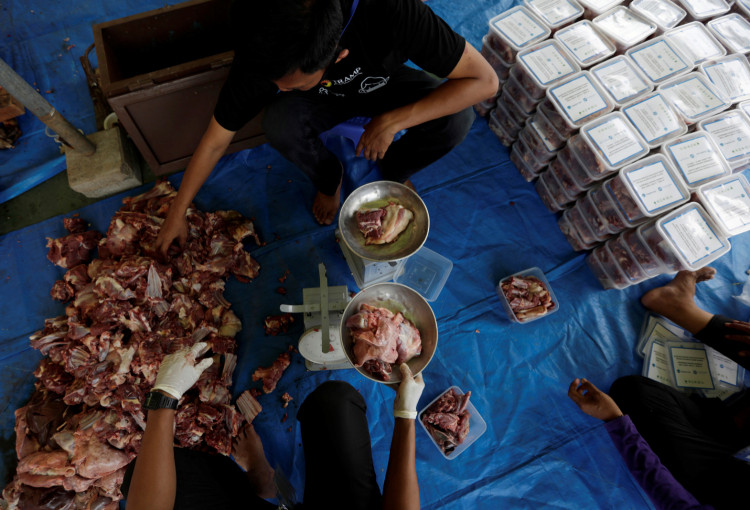COVID-19 has devastated the world's poor in the past year with effects to linger for the next decade even as the world's richest people make gains, according to Oxfam International, in a report release this week.
Oxfam said in "The Inequality Virus" urged governments across the world make "the fight against inequality to be at the heart of economic rescue and recovery efforts."
"Covid-19 has the potential to increase economic inequality in almost every country at once, the first time this has happened since records began over a century ago," said Oxfam.
"Rising inequality means it could take at least 14 times longer for the number of people living in poverty to return to pre-pandemic levels than it took for the fortunes of the top 1,000 mostly white and male billionaires to bounce back," according to Oxfam.
The organization said "the world's 10 richest men have seen their combined wealth increase by half a trillion dollars since the pandemic began."
"Their total wealth hit $11.95 trillion in December 2020, equivalent to G-20 governments' total Covid-19 recovery spending."
Oxfam argues it might take more than a decade for the world's poorest to recover from the economic ravages wrought by COVID-19. The pandemic has also "ushered in the worst job crisis in over 90 years with hundreds of millions of people now underemployed or out of work."
"Women and marginalized racial and ethnic groups are bearing the brunt of this crisis," said Gabriela Bucher, executive director of Oxfam International, in the report.
"They are more likely to be pushed into poverty, more likely to go hungry, and more likely to be excluded from health care."
Oxfam said the road to recovery for the world's poor will be much longer for people already struggling before Covid-19.
"When the virus struck, more than half of workers in poor countries were living in poverty, and three-quarters of workers globally had no access to social protections like sick pay or unemployment benefits," it noted.






